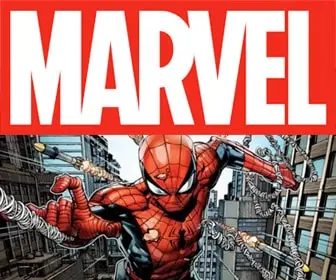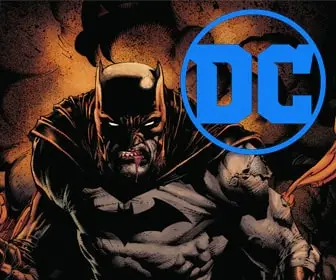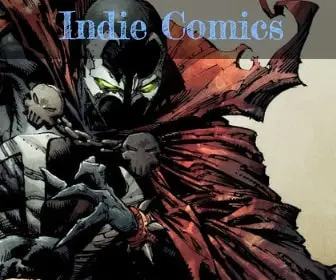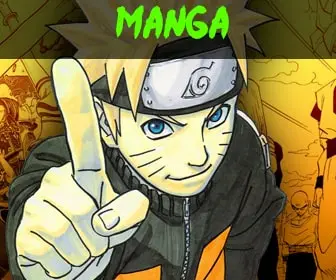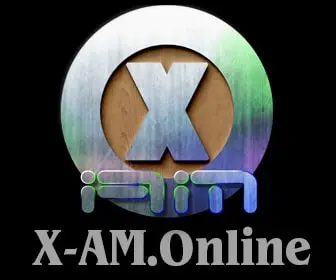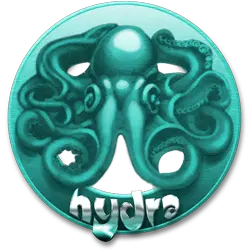
Manga vs. Anime: Why Adaptations Often Change the Story
Manga and anime are both popular forms of storytelling, but they are not always the same. A manga is a Japanese comic book or graphic novel, while an anime is a Japanese animated show or movie. Many popular anime start as manga, but when a manga gets adapted into an anime, the story often changes. These changes can be small, like adding extra dialogue, or big, like completely different endings. But why do these changes happen? Let’s explore the reasons why anime adaptations often change the original manga’s story.
1. Time and Episode Limits
One of the biggest reasons anime changes the manga’s story is time constraints. Manga can take its time to tell a story, sometimes going on for hundreds of chapters. Anime, on the other hand, often has a limited number of episodes. Some anime get 12 to 24 episodes per season, while others get even less. If a manga has a long and detailed story, the anime might not have time to include everything. To fit the available time, anime studios sometimes cut or shorten parts of the story.
For example, the anime adaptation of Tokyo Ghoul rushed through its story compared to the manga. The manga took time to develop its characters and plot, but the anime skipped or changed important details to fit within two seasons. This left some fans disappointed because the anime felt incomplete compared to the manga.
2. Catching Up to the Manga
Another reason for changes happens when an anime catches up to the manga. Manga is created by one or a few artists, and new chapters are released weekly or monthly. But anime episodes come out much faster than manga chapters. If an anime is adapting an ongoing manga, it can run out of source material before the manga is finished.
To avoid stopping the anime, studios sometimes create “filler” episodes or change the story. Filler episodes are new stories that are not in the manga. They keep the anime going while the manga releases more chapters. Naruto is famous for having many filler episodes, which some fans enjoy while others skip.
3. Censorship and Audience Differences
Manga and anime often have different audiences, which can lead to changes in content. Manga is usually written for specific age groups, but anime might need to appeal to a wider audience. Because of this, studios sometimes remove violent, dark, or mature content when adapting a manga into an anime.
For example, One Piece had changes in its anime adaptation, especially in Western versions. In the manga, some characters smoke, drink, or use weapons that might be seen as too violent. In the anime’s English dub, some of these details were changed or removed to make it more suitable for younger viewers.
4. Studio Decisions and Budget
Anime is expensive to make, and studios must consider costs when adapting a manga. High-quality animation, voice acting, music, and special effects all require money. If a studio has a lower budget, it might change scenes to be simpler or cut out action-heavy moments to save on costs.
Additionally, different studios have different creative ideas. Directors and writers working on the anime might want to change parts of the story to make it fit better as an animated show. This can result in different character arcs, rearranged events, or even a completely new ending. The Fullmetal Alchemist anime from 2003, for example, had an entirely different ending because the manga was still ongoing at the time. Years later, Fullmetal Alchemist: Brotherhood was created to stay faithful to the original manga.
5. Pacing and Storytelling Choices
Manga can take its time with details, but anime often needs a faster pace to keep viewers interested. Some moments in the manga might be slow and deep, focusing on characters’ thoughts and emotions. But in anime, long inner monologues or slow-moving stories might lose viewers’ attention. Because of this, anime often speeds up scenes or changes how they are presented.
For example, the anime Attack on Titan moved some scenes around and cut certain explanations to keep the action exciting. This made the story more intense but also changed how some events unfolded compared to the manga.
6. Anime-Original Endings
Sometimes, an anime catches up to the manga and doesn’t want to use filler. Instead, the studio creates an original ending. This can happen when the manga is not finished, but the anime needs a proper conclusion.
A famous example is Soul Eater. The manga continued long after the anime ended, so the anime had to create its own final battle and ending. While some fans enjoyed the anime’s take, others felt it was rushed and different from what the manga intended.
7. Marketing and Merchandise
Anime is not just about telling a story—it’s also about making money. Studios want to sell DVDs, Blu-rays, streaming rights, and merchandise like figures, posters, and clothing. Sometimes, changes in the anime happen because the studio wants to promote certain characters or elements that are more marketable.
For instance, an anime might change a minor character’s role to make them more popular, leading to more merchandise sales. Alternatively, an anime might add scenes that were not in the manga to promote upcoming storylines or spin-offs.
Denouement
Manga and anime are closely connected, but they are not always the same. Many factors influence why an anime adaptation changes the original story, including time limits, pacing, censorship, and creative decisions. While some changes improve the experience, others disappoint fans who love the manga’s original vision. Whether you prefer manga or anime, both forms of storytelling offer unique and exciting experiences.











